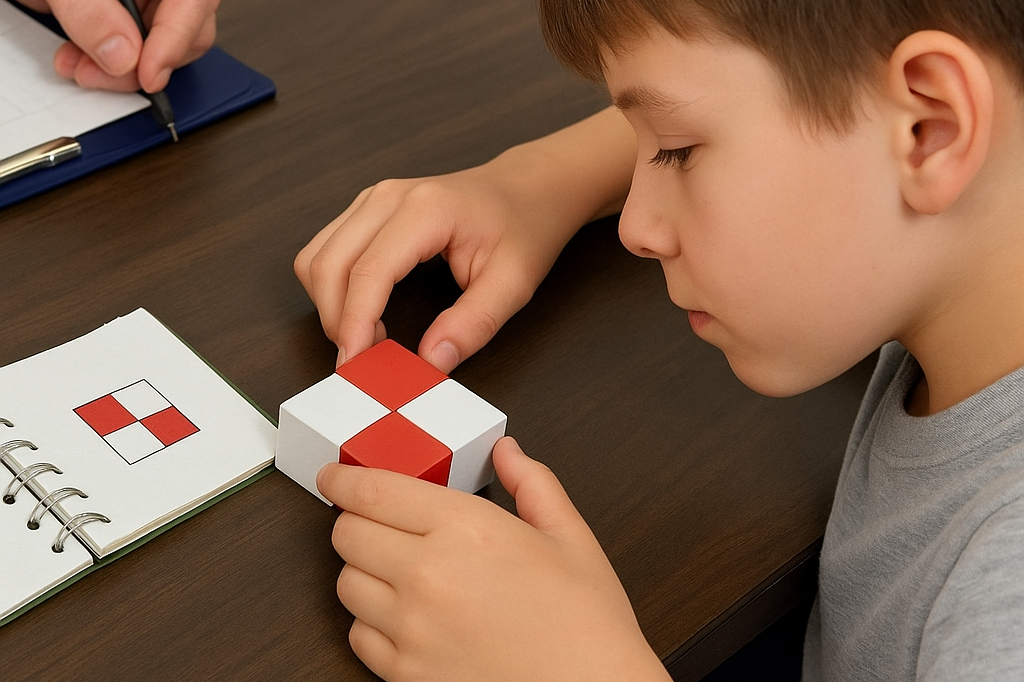According to research, a child with a brain tumor will experience neuropsychological effects.
Deficits are observed in cognitive functions such as reduced attention and concentration, memory difficulties, slowed information processing, learning difficulties, and problems with executive functions (organization, planning, problem-solving).
Additionally, a child may experience emotional and psychosocial effects such as anxiety, melancholy, depression, or social withdrawal and difficulty in relationships with peers and low self-esteem.
The neuropsychological effects on a child with a brain tumor can vary significantly depending on factors such as:
- The location of the tumor in the brain: very often, surgical removal of the tumor causes injury to healthy brain tissue.
- The size and nature of the tumor: benign or malignant.
- The age of the child at diagnosis and treatment: the younger the child, while the brain is still developing and maturing, the greater the difficulties.
- The treatments undergone (radiotherapy, chemotherapy): higher doses result in more neuropsychological effects.
- Comorbidity: children with a history of hydrocephalus, diabetes, and previous diagnoses of learning disabilities or ADHD have more neuropsychological deficits.
- The duration of treatment (many children suffer for many years), and the psychological effects influence cognitive functions.
- Pre-morbid level: children with high IQ experience less decline.
The Importance of Neuropsychological Assessment:
It is important to conduct a neuropsychological assessment as soon as possible to determine the child’s specific cognitive profile, differentiate the effects of the tumor from pre-existing difficulties, and design a specialized treatment program.
The earlier a child enters a neuropsychological rehabilitation program, the lower the chances of having severe neuropsychological deficits.
